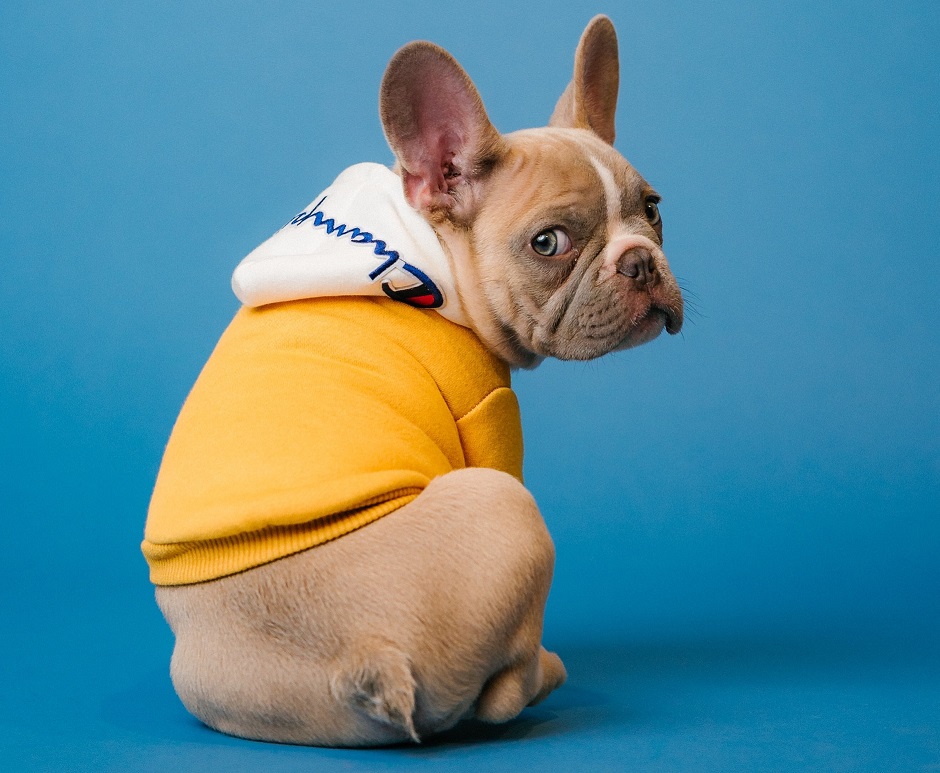How Did Dog Meat Eating Become Popular in South Korea? New Dog Meat Ban Sheds Light on Industry’s History
South Korea, a nation with a rich cultural heritage and a rapidly advancing economy, has recently made a historic decision that marks a significant turning point in its societal norms and practices. The country’s parliament has unanimously passed a law banning the production, distribution, and sale of dog meat for human consumption.
When Does the South Korea Dog Meat Ban Take Effect?
This decision, which will take effect after a grace period of three years, has been met with both applause and criticism. This article aims to provide an in-depth exploration of the history of dog meat consumption in South Korea, the factors that contributed to its popularity, and the reasons behind the recent decision to ban the industry.
Historical Context
The consumption of dog meat in South Korea can be traced back to the Neolithic period (6000–2000 BCE), alongside other early civilizations in East Asia. Archaeological evidence suggests that dog bones from this period display signs of dog meat consumption. However, most scholars agree that dog meat has never been a key part of the Korean diet.
During the Silla (57 BCE – 935 CE) and Goryeo (918–1392 CE) periods, the practice of consuming dog meat was uncommon as Buddhism, which advocated vegetarianism, was prevalent. The rate of consumption, legislation, and cultural practices surrounding dog meat have changed over several thousand years.
The Rise of the Dog Meat Industry in South Korea
The tradition of consuming dog meat in South Korea stemmed in part from the needs of ordinary people with limited access to beef and other meat. As the country developed, dogs surged in popularity as pets, with an estimated 6 million in Korean homes. However, the dog meat industry also grew, with government statistics showing over 1,000 dog farms and about 1,600 restaurants selling dog meat dishes.
Dog meat stew, called “boshintang”, was considered a delicacy among some older South Koreans. However, the meat was no longer popular with young people. According to a Gallup poll, only 8% of people said they had tried dog meat in the past 12 months, down from 27% in 2015.
Why Did South Korea Ban Dog Meat Eating?
The recent decision to ban the dog meat industry in South Korea was not made lightly. It was the result of decades of deliberation spanning multiple administrations. The current President Yoon Suk Yeol and the First Lady Kim Keon Hee, known animal lovers who own six dogs, have been outspoken champions of a dog meat ban.
The ban, which was passed with 208 votes in favor, none against, and two abstentions, will take effect after a grace period of three years. Starting in 2027, those who breed, butcher, distribute, or sell dog meat for human consumption may be jailed up to three years or fined up to 30 million won ($22,800).
The decision to ban the dog meat industry was driven by several factors. One of the main reasons was the shift in societal attitudes towards animal protection. Another reason was the demographic decline of the minority that consumes dog meat. The increasing number of dogs owned as pets and the public backlash fueled by animal cruelty concerns also played a significant role.

As aforementioned, the ban on the dog meat industry in South Korea represents a significant shift in societal norms and practices. While it has been met with frustration from dog farmers, who are expected to organize further protests and file an appeal to the constitutional court, it is a testament to the country’s evolving attitudes towards animal welfare and protection.
As South Korea continues to advance and develop, it is clear that the welfare of animals, including dogs, will remain a priority.
Explore Related Articles

Callum Smith Makes Lenin Castillo Seizure in Ring After Vicious Knockout...
Boxing is a fun sport to watch, but every now and then people are reminded just how dangerous the sport can be. As example Lenin Castillo's health and well being is in question after a scary incident in the second round of his matchup with Callum Smith.
Callum Smith makes...
Moise Regime Supported Gang Kidnaps Haitian Pastor During Live Church Service...
Church service is usually a time when people come together to worship God and find peace within their souls. However, it turned into a nightmare when a Haitian pastor was kidnapped by a Moise Regime supported gang during live Church service.
In the footage you can see the Haitian pastor...
How Did Jamal Edwards Die? Celebrities React to SBTV Founder...
Tragic news is just coming in that SBTV founder Jamal Edwards is dead at 31 years old. The British entrepreneur was well known in both Europe and America. He was responsible for launching the careers of many of the most popular hip-hop artists in the UK music world today.
What...






